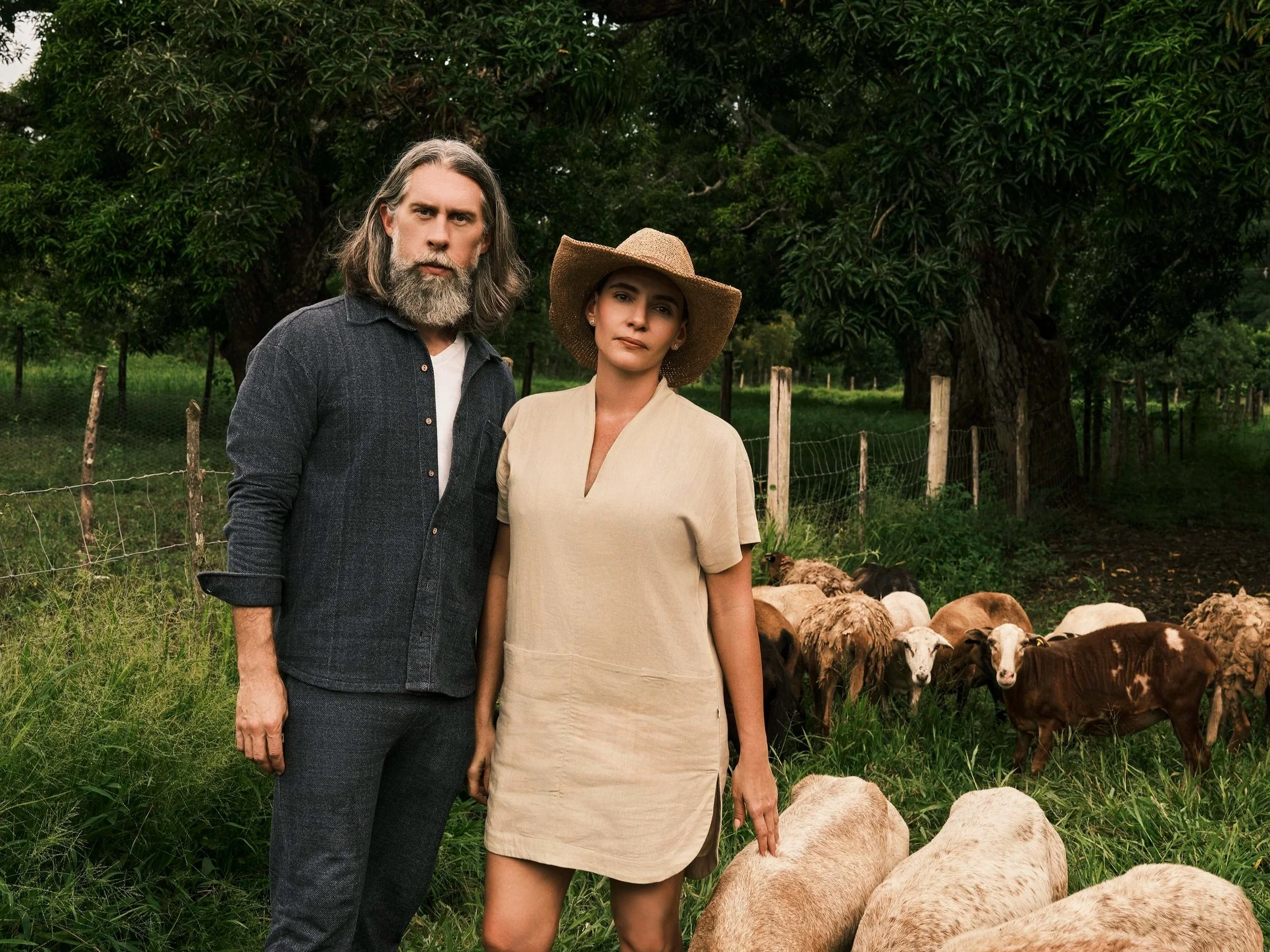A Quick Homeowners Guide to Improving Your Yard and Landscape
Sustainable Urban Development: You Can Play Your Part
At Latitude, we like to think of buying a home or property as more than just part of a solid financial plan—it’s a smart move to building resiliency into your life. Your house can become a wellspring of opportunity to make real change, which leads to becoming a much more empowered individual.
Resilience has long been associated with making it — growing despite the odds. Why wouldn’t you want your home to provide more than just shelter? It can become an immensely productive and gratifying place to cultivate your edible landscape, work on improving your energy systems, and meet your neighbors in the process.
Where to start?
Find the right Realtor with the passion, knowledge, and expertise—buying a property is so much more than the sticks and bricks. Latitude can help you find the right team member in their vetted ecosystem of beyond-business-as-usual professionals.
From architects to general contractors, to edible landscape designers and permaculture professionals, to arborists and electricians, we want to make sure our community is supported by those thinking and acting in the best interest of our clients, community, and environment.
Connect with the East Multnomah Soil and Water Conservation District for free classes regarding edible landscapes, getting to know your urban weeds, attracting beneficial pollinators, and naturescaping. This is one of the BEST free resources in the Portland Metro and will really help you think critically and plan intentionally.
Get to know the Portland Plant List. This will help you understand what grows well in our city and empower you to pick the right native species that will thrive.
Go tour some small scale urban farms. Start out by connecting with Annie’s Urban Farm in North Portland in the beautiful Overlook neighborhood. Owned and operated by chef and educator Ann Foresthofel, she offers free farm tours, catered events, and one-of-a-kind dinners to engage all your senses. You’ll walk out of there inspired and ready to make an impact.
Don’t forget you can start small! Container gardening is a phenomenal way to start.
Reflect and plan what you want in your home for both indoor and outdoor life. Here are some great questions to guide you in that process.
What do I want? …
A place to eat outside?
More food production on-site?
A rain garden?
Permaculture design ethos?
Storm water management plan?
More butterflies and bees!?
Self-sufficiency and climate change adaptation?
Eco-roof on my patio roof or garage?
Wildlife habitat?
Pesticide free ethos
Place for my children to play?
We all need resources
The Integral Urban House: Self Reliant Living in the City by Sim Van der Ryn and the Farallones Institute
The Beautiful Edible Garden: Design A Stylish Outdoor Space Using Vegetables, Fruits, and Herbs by Leslie Bennett and Stefani Bittner
Food Grown Right, In Your Backyard: A Beginners Guide to Growing Crops at Home by Colin McCrate and Brad Halm
Great Garden Companions: A Companion-Planting System for a Beautiful, Chemical-Free Vegetable Garden by Sally Jean Cunningham
Get to know the Home Orchard Society. Located in Oregon City, Oregon the Home Orchard Society, established in 1975, is a nonprofit educational organization dedicated to assisting both novice and expert fruit growers, preserving heirloom fruit varieties, and promoting the science, culture, and pleasure of growing fruit at home.
Connection is the way forward
Realtors have the power to be agents of change and sources of inspiration. Get in touch if you’d like to talk about anything real estate related or not! We are a group of thoughtful folks who like to pontificate as well as take action.






